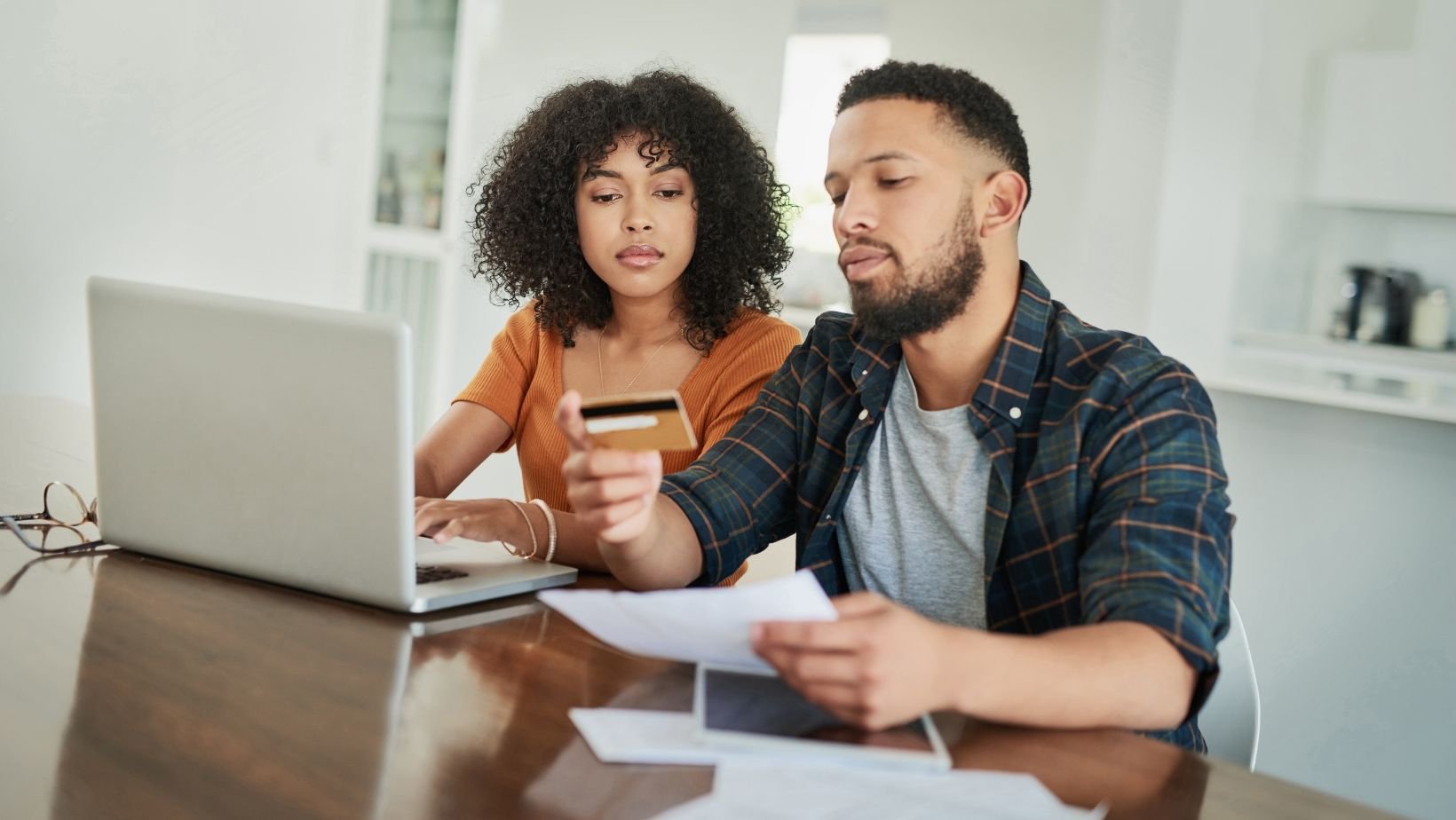Debt Reduction Strategies and Tools
Reducing debt is a vital step toward achieving financial wellness, and at UMassFive, we’re committed to guiding our members and local community on this journey. Understanding that debt can be overwhelming, we’ve compiled some practical strategies to help you gain full control of your finances – to reduce your debt effectively, improve your credit score, and secure a more stable financial future.
How can homeowners pay down debt?
For homeowners, taking out a home equity loan or line of credit can oftentimes be a good debt reduction strategy. Equity loans and lines typically provide a lower rate than other loan types, so paying down other high-rate loans you may have – like credit cards or even private student loans – with the funds from an equity loan or line can be a smart approach. Of course, it is important to note that taking an equity loan/line does put a lien on your home, so keeping up with repayments is of the utmost importance.
How can non-homeowners save money?
A tool that may be worth considering for those with credit card debt is a balance transfer. Many financial institutions allow you to transfer your credit card balances to their card. Oftentimes, you will find that credit unions offer lower-rate credit cards when compared to other financial institutions, so simply moving your credit card balance from a high-rate card to a credit union card may reduce your monthly payment. If you don’t have a card at a credit union, your first step would be to apply for a card, and you would be subject to normal underwriting criteria. It is also important to note that sometimes credit card balances come with balance transfer fees. Even so, it is oftentimes worth paying the upfront fee to unlock the newer, lower rate on those balances.
What is one successful strategy that UMassFive members use to reduce debt?
For folks who have multiple areas of debt, we see a lot of people have success with what we call the “snowball method.” Simply put, this means paying off the smallest of all your loans as quickly as possible. Once that debt is paid, you take the money you were putting toward that payment and roll it onto the next-smallest debt owed. Ideally, this process would continue until all accounts are paid off. It may seem counter-intuitive to focus on the smallest amount of debt first, and make your way to the largest, but we find getting those early wins of paying off the smaller loans can really help people build momentum to work towards the bigger ones!
At UMassFive, our goal is to make everyone in our community an educated financial consumer. Looking for more debt reduction tips? Consider attending one of our open-to-the-public Paying Down Debt webinars this October at umassfive.coop/workshops.


